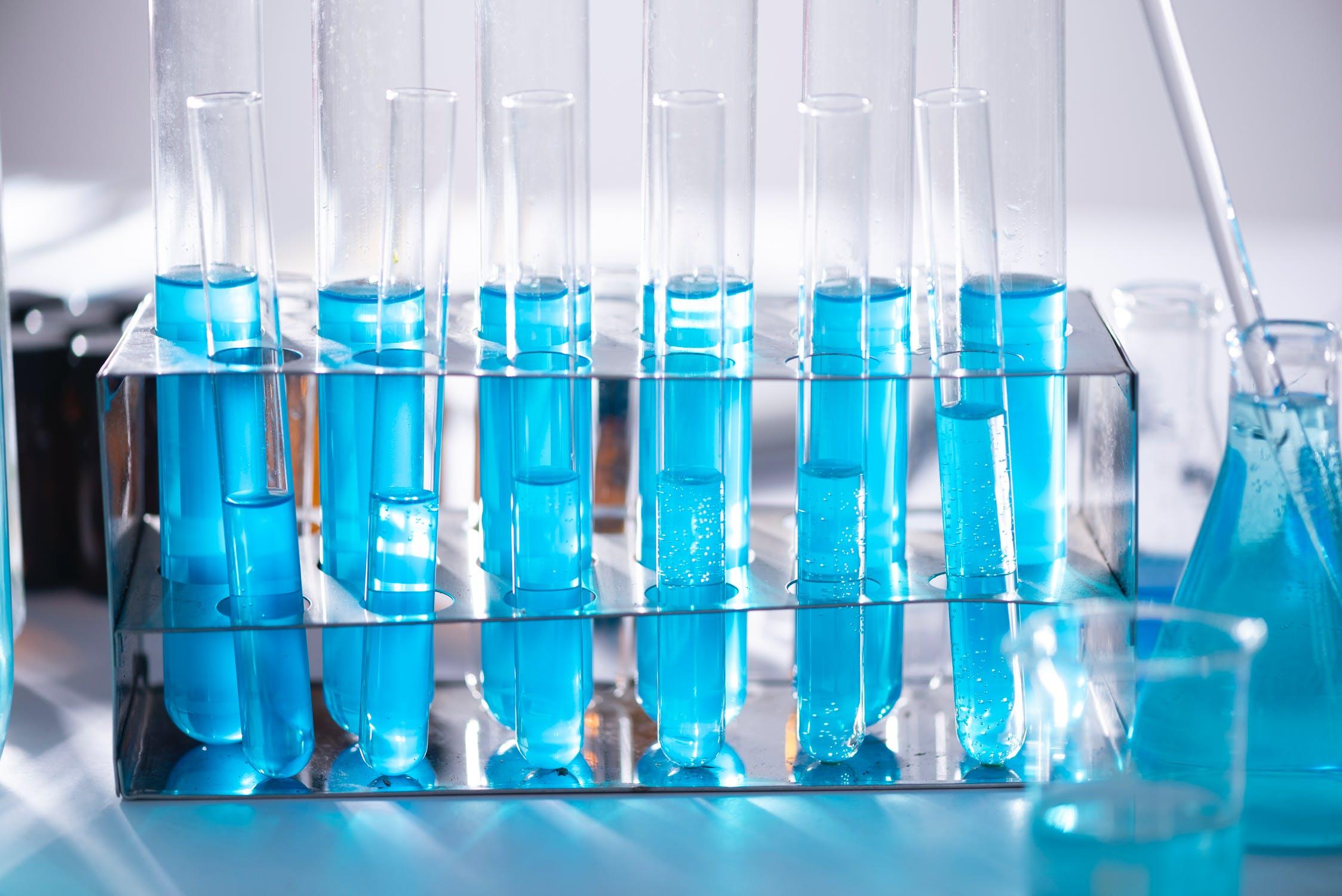Technology shapes our world and everything in it. We use it when we wake up, when we travel to work, when we come home to relax and in some cases, even when we sleep.
Tech makes our lives easier, but there are a lot of products we use and take for granted every day that are created using biotechnology. What is it, what does it produce and why is it so important?
What Is Biotechnology?
According to the dictionary, biotechnology is "the exploitation of biological processes for industrial purposes, especially the genetic manipulation of microorganisms for the production of antibiotics, hormones, etc." It sounds complicated, but in essence, it's the science of using living organisms to create chemicals and other products that we use every day.
Biotechnology in Everyday Life
Biotechnology might sound fancy, but it's something we use every day without even realizing it. If you've ever eaten a loaf of yeasted bread or enjoyed a bottle of beer, then you've utilized the products of biotechnology. Many foods that we enjoy today use more traditional biotechnology methods. They didn't have the techniques we have today, but that didn't stop farmers and agriculturists from using selective breeding to obtain the traits they wanted in their plants and livestock without the need for scientific intervention.
Modern bananas, for example, look nothing like the wild ones you might find on a tree. Wild bananas aren't as sweet as supermarket varieties and are filled with large black seeds. You can thank biotechnology the next time you snack on a banana. Most modern biotech is carried out in a controlled laboratory setting using sterile single-use equipment, which helps to eliminate a lot of the guesswork when it comes to getting the desired result.
We have antibiotics, cheese, beer, wine, yeasted bread, and even domesticated cats and dogs because of biotechnology, just to name a few examples. It has been part of our lives for nearly as long as homo sapiens have been walking the Earth. Why is biotechnology so important, though?
The Impact of Biotechnology
Biotechnology is vital for more than just helping our bread rise and our adult beverages ferment. It has applications that stretch far beyond the laboratory. Scientists and engineers can use this field to help create bio-based fuels, improve sustainable food production or move us closer to a zero-waste future that will help us reduce our impact on the planet. We could even find ways to use the carbon dioxide that is changing the climate as a raw material for fuel or as an energy source.
With events like the spread of the Wuhan coronavirus in the news, it gets easy to see the potential impact of biotechnology. We can study the viruses on a cellular level to determine the best treatment options or help us create a vaccine to prevent a simple infection from becoming a global pandemic. Biotech firms have already discovered multiple antibodies that may be effective in creating a vaccine or a treatment for this disease.
When it comes to the world and life-changing innovations, biotechnology is the one field that will keep us moving forward. It will help us shape the Earth into a place we'll be proud to leave to our children. For this reason, biotechnology will remain a vital scientific method well into the future. You could discover some surprising origins by taking an Asian DNA test.
Looking Toward the Future
Biotechnology is a field that's been around since the beginning of the human race, even if we didn't have a specific name for it back then. It includes breeding animals for particular traits, splicing plants to get them to produce better fruit and other techniques that allow us to bend the natural world to work for us. From fruits and vegetables to disease treatments and vaccines, biotechnology helps us use living cells to create the things we need to survive and thrive.
This field has given us so many products that it would take us an entire book to list them all. Things that you use every day, from the bread you use to make your sandwich to the antibiotics that you take to get rid of an infection, are all available thanks to biotechnology.



Leave your comments
Post comment as a guest